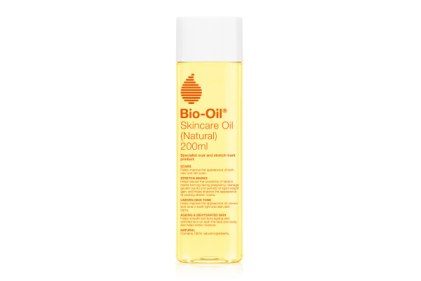Chickenpox is extremely contagious. It is important that your child is kept at home until all of the blisters have burst and crusted over.
Most cases of chickenpox require little or no treatment beyond treating the symptoms.
The prescription antiviral drug Aciclovir is effective for shortening the duration of chickenpox symptoms. It may be recommended for certain people with chickenpox, such as pregnant women, those with a weakened immune system, and adults who seek medical advice within 24 hours of the rash appearing.
Your doctor may also recommend an over-the-counter painkiller and an antihistamine to relieve pain, itching and swelling. Antibiotics may be needed if a secondary bacterial skin infection develops or if the person with chickenpox develops bacterial pneumonia.
Most cases of chickenpox require little or no treatment beyond treating the symptoms.
The prescription antiviral drug Aciclovir is effective for shortening the duration of chickenpox symptoms. It may be recommended for certain people with chickenpox, such as pregnant women, those with a weakened immune system, and adults who seek medical advice within 24 hours of the rash appearing.
Your doctor may also recommend an over-the-counter painkiller and an antihistamine to relieve pain, itching and swelling. Antibiotics may be needed if a secondary bacterial skin infection develops or if the person with chickenpox develops bacterial pneumonia.






